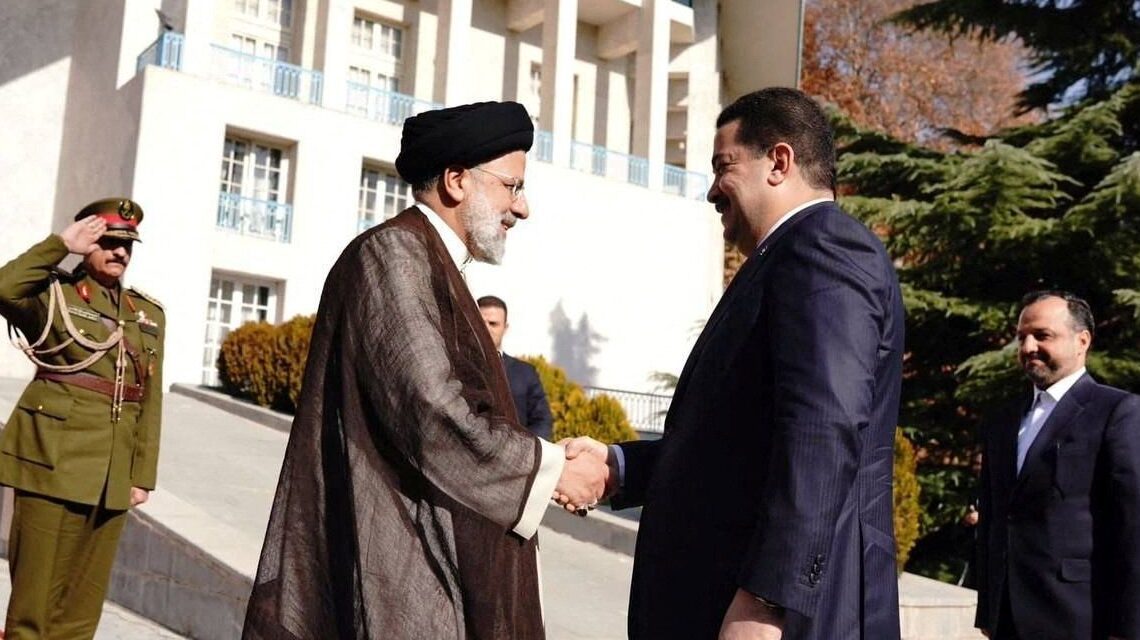Iraqi Prime Minister
Mohammed al-Sudani
said his country would tighten security cooperation with Iran, after Tehran strengthened its military presence along its western border to prevent the infiltration of Kurdish groups based in northern Iraq.
“We will not allow the use of Iraqi lands to threaten Iran’s security,” Mr. Sudani said in a joint news conference Tuesday with Iranian President
Ebrahim Raisi
in Tehran. The two leaders agreed to form liaison committees on border security, Iranian and Iraqi state media reported.
“Iraq’s role is key to achieve stability in the area,” Mr. Raisi said, calling Mr. Sudani’s first visit to Iran as premier a turning point in the two countries’ relations.
Mr. Sudani, who took office last month, was nominated by the Coordination Framework, a bloc of mostly Shiite factions backed by Iran that holds the most seats in Parliament.
Last week, his new government condemned Iran’s attack on Kurdish areas as a unilateral, hostile act. Iran has repeatedly struck northern Iraq with missiles and drones, most recently early last week.
Tehran says it is targeting Kurdish groups there that it alleges are involved in antigovernment protests sweeping across Iran, particularly in the Kurdish border areas, which have experienced some of the most consistent antigovernment rallies.
Mahsa Amini,
the 22-year-old woman whose death in police custody in mid-September sparked the unrest, was born in Kurdistan.
On Friday, a top commander of the Revolutionary Guard said Iran was deploying armored and special units along its border with Iraq to push back against Kurdish groups he accused of destabilizing the northwest of the country, according to Iranian news agencies, exacerbating the risk of a wider military conflict in the volatile area.
Kurdish areas on both sides of the border are home to separatist groups that Iran has labeled as terrorists, but separatist slogans have largely been absent from recent protests.
Separately, in a rare public admission, a senior Guard commander said more than 300 had died in the protests, including both civilians and security forces. Until now, Iranian officials had largely avoided commenting on the high death toll.
Human-rights organizations say…
Click Here to Read the Full Original Article at WSJ.com: World News…

